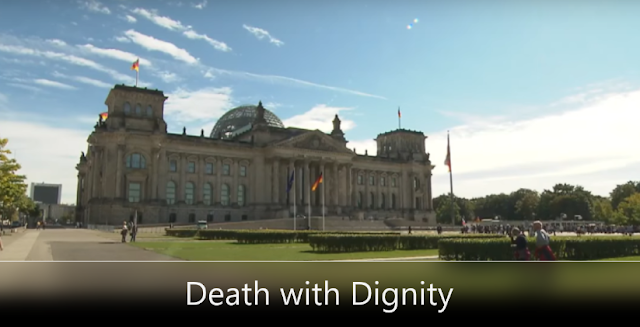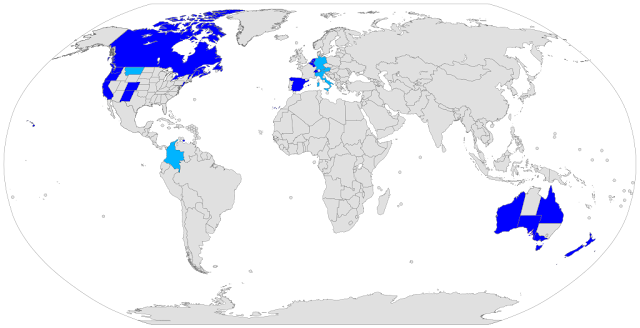Find Inner Peace
Inner peace means being calmness - mentally and spiritually calm - being aware of yourself, in sync with yourself, with your emotions despite the everyday challenges of life. When you found and have peace of mind, you’ll not be swayed by what people think about you or the events and challenges you encounter. They allow us to overcome the problems that life hands us and all the curveballs and trick plays of life.
Self-awareness, love and peace of mind do protect you. It teach us to survive… to live now… to have the courage to confront each day.
Finding inner peace is a personal experience, and peace means something different for everyone. There are several ways to find peace within yourself - being at peace with yourself can mean:
- Feeling secure about yourself and your path
- Being mindful and self-aware
- Finding the ability to let go
No matter how you achieve it, inner peace is a state of being that empowers you to live the life you want, and feel good about it. The journey to inner peace isn’t a quick one and is an ongoing journey.
What might be milestones and steps you can do ...
1. Dedicate Some Time to Yourself
Reserve time for yourself - only for you and every day. Doing something alone - something that you enjoy and that bring you peace. Carve out some time to add some one-on-one time to your routine. This may be:
- Meditating
- Going for a walk along a river, lake or anywhere else in the nature
- Reading a good book - listening to music, ...
- Cooking and eating with awareness - taste, smell, ...
- Or just enjoying a cup of tea, coffee or hot chokolade
2. You Can’t Control Everything - know it - except it
This step in your journey towards being at peace with yourself is to except that there many things which are as they are, as stoic it might be easier for me - but it is something we all have to learn even we do not like the idea and stoic view on the world - we all have to understand that there are limitations. Most people want the ability to control every aspect of their lives, but that isn’t possible. The desire for control and the fact that it’s unfeasible leave you at an ongoing fight and conflict with yourself.
Listen to your mind and body to figure out what you desire and how you can achieve it within the realms of the outside world. And perhaps the mantra I like in this context:
That you grant yourself the serenity to accept the things you cannot change, the courage to change the things you can, and the wisdom to know and see the difference.
This step is one of the most difficult steps to make and change, and it could take time before you truly see yourself succeeding at it, but it’s a key step in getting closer to being at peace with yourself.
3. Practice acceptance and see yourself.
See who you are and imagine who you want to be. If your peaceful self is your ideal self, it’s a good idea to start seeing yourself, who are you, where are you coming from, and visualizing what that person may look like. In order to get to feel that lovely sense of peace you have to take the time to fully acknowledge it and yourself. In difficult situations, look at what you did well. If you’ve been struggling, notice when you make progress. At the end of each day, summarize to yourself how you’ve acted well and kept your integrity.
4. Cultivate gratitude and being thankful for what’s happening (or not happening).
I already wrote about gratefulness and thankfulness. Gratitude is not just a few words of appreciation, it’s not only about a joyful moment. Gratitude is a shift, it is a choice about what we are going to see. And, it is deeply connected with inner peace. Practicing this awareness and gratitude reframes the way that you perceive the world, which in turn improves your mental health as well as your relationships with others. Try to practice gratitude with every aspect of your life to fully experience the benefits of contentment and drive you towards being at peace with yourself.
5. Learn to Forgive
Forgiveness is one of the most important elements of being at peace within yourself, but it’s also one of the hardest to execute. When you forgive, you don’t do it only for the other person. Forgiveness is part of your journey. And yes forgiveness might or probably won’t be able to let go or forget the hurt or how it made you feel. And there might still be a negative emotion or two, such as pain and anger. However, with forgiveness you can or might better handle these emotions and piece or at least feel better with more piece.
Inner peace, acceptance, resilience and self-awareness are an overall way of engaging with life - so it’s less about a quick journey, and more about a life journey.
More about ... Positive Attitude ... Gratefulness ... Self-Awareness






Comments will be reviewed, perhaps answered if possible but not published. Thx.
ReplyDelete